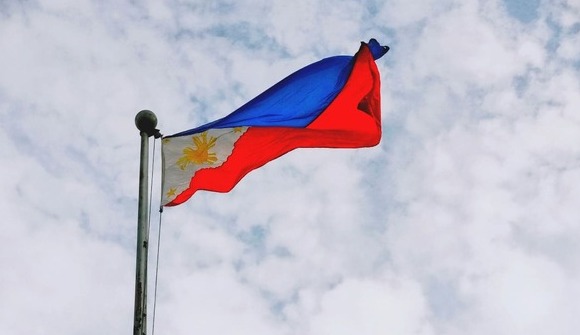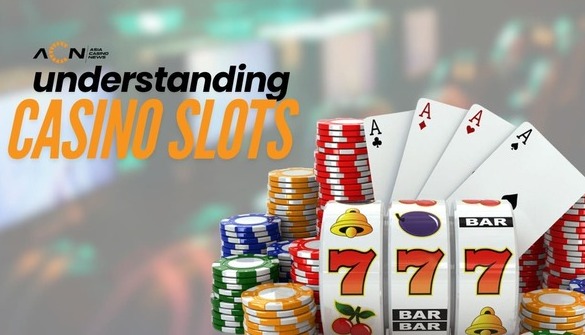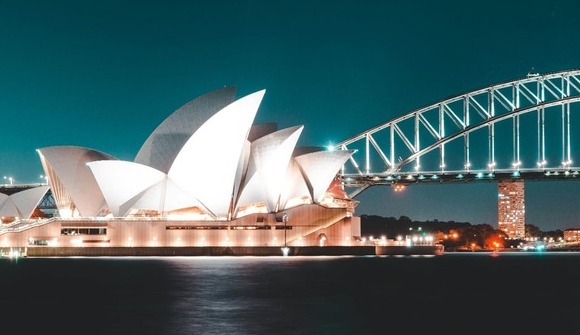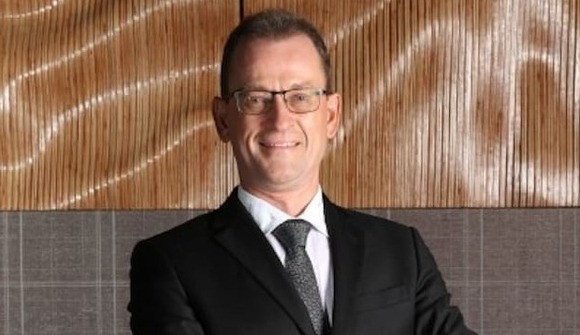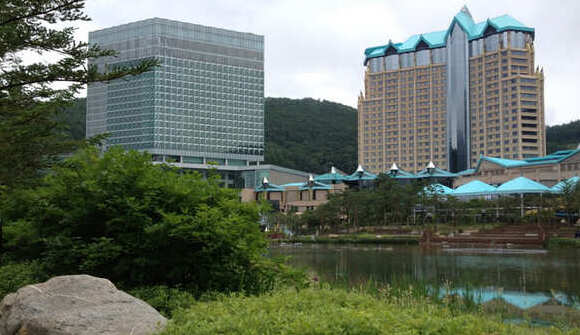
Macau’s Shift Away From Gaming Poses Challenges for Foreign Investors
The current administration of Macau is preparing to accelerate the city’s transition away from its heavily gaming-dependent economy. This shift aligns with directives from Beijing, aimed at diversifying the economy and reducing reliance on the gambling sector. However, security analyst Steve Vickers warns that this transformation may pose significant risks for foreign-owned casinos and their investors.
Vickers, who is the CEO of Steve Vickers and Associates, recently shared insights on the evolving landscape in Macau. He emphasized the need for boards and executives with interests in the region to remain vigilant. “The landscape is changing rapidly, and they must anticipate threats to effectively mitigate potential losses,” he stated in his dispatch warning cited by AGBrief. His caution arises from increasing state intervention and growing skepticism in the market.
The shift in Macau’s political climate has been precipitated by rising Sino-American tensions and political risks within the People’s Republic of China. Vickers noted that regions like Hong Kong and Macau, once thought to be insulated from these tensions, are now facing the brunt of political changes. The situation calls for a reassessment of how foreign investors engage with Macau’s market.
Macau’s political scene is poised for a significant transformation with the election of its new Chief Executive, Sam Hou Fai. The former President of the Court of Final Appeal won his position uncontested in October and is set to take office in December. During his campaign, Sam articulated concerns about the city’s gaming sector, describing it as “unbalanced.” He underscored the need for economic diversification, a goal that aligns with directives from central authorities in China and has widespread public support.
Vickers views Sam’s election as a pivotal moment, marking the first time a leader from mainland China will govern Macau. This development could lead to stricter oversight from Beijing, intensifying political risks for businesses operating in the region. Sam is part of a cadre of mainland Chinese professionals who were prepared by the central government before the 1999 handover to assume significant roles in Macau’s administration.
Economic diversification is now a pressing priority for the new administration, reflecting the central government’s broader goals of promoting “common prosperity” and “dual circulation.” These initiatives are designed to foster income equality and lessen dependence on foreign investments. Vickers warns that investors in Macau’s casino sector could face heightened risks in the months ahead, especially since many had invested heavily, anticipating continuous growth.
Historically, political changes in Macau have directly impacted gross gaming revenue, with Chinese authorities often regulating the industry through strict measures. While the current political environment seems more stable compared to past crackdowns, the outgoing administration under Chief Executive Ho Iat Seng had already implemented new obligations for casino operators during the license re-tendering process. This led to a pledged investment of $14.8 billion from six operators in non-gaming activities.
However, Vickers believes that real progress toward diversification has been minimal. He predicts that the new Chief Executive will push for measures that compel casino concessionaires to diversify further and contribute more to social causes.
Challenges for Foreign Casinos
Traditionally, Macau’s gaming sector has served as a significant channel for capital outflow from mainland China. As Beijing intensifies its efforts to curb capital outflows, the implications for foreign casinos become increasingly severe. Vickers notes, “The environment is shifting. With the crackdown on junkets and illegal foreign exchange activities, foreign casinos are facing increased scrutiny and limitations on their operations.”
As the government ramps up scrutiny, foreign investors may need to rethink their strategies in Macau. The changing political landscape could introduce uncertainties that deter investment, particularly from those accustomed to the previous more lenient regulatory framework.
The push for diversification also raises questions about the future of Macau’s identity as a gaming hub. While the administration aims to reduce the economy’s dependency on gambling, it must navigate the fine line between fostering new industries and maintaining the significant revenue generated by casinos.
Read related article: Macau, Cambodia Affected Negatively by Loss of Chinese VIP Players
Other Interesting Articles
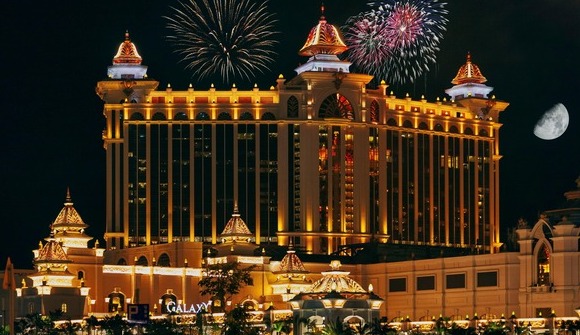 Macau’s Illegal Gaming Law Takes Effect Oct 29, 2024
Macau’s Illegal Gaming Law Takes Effect Oct 29, 2024



